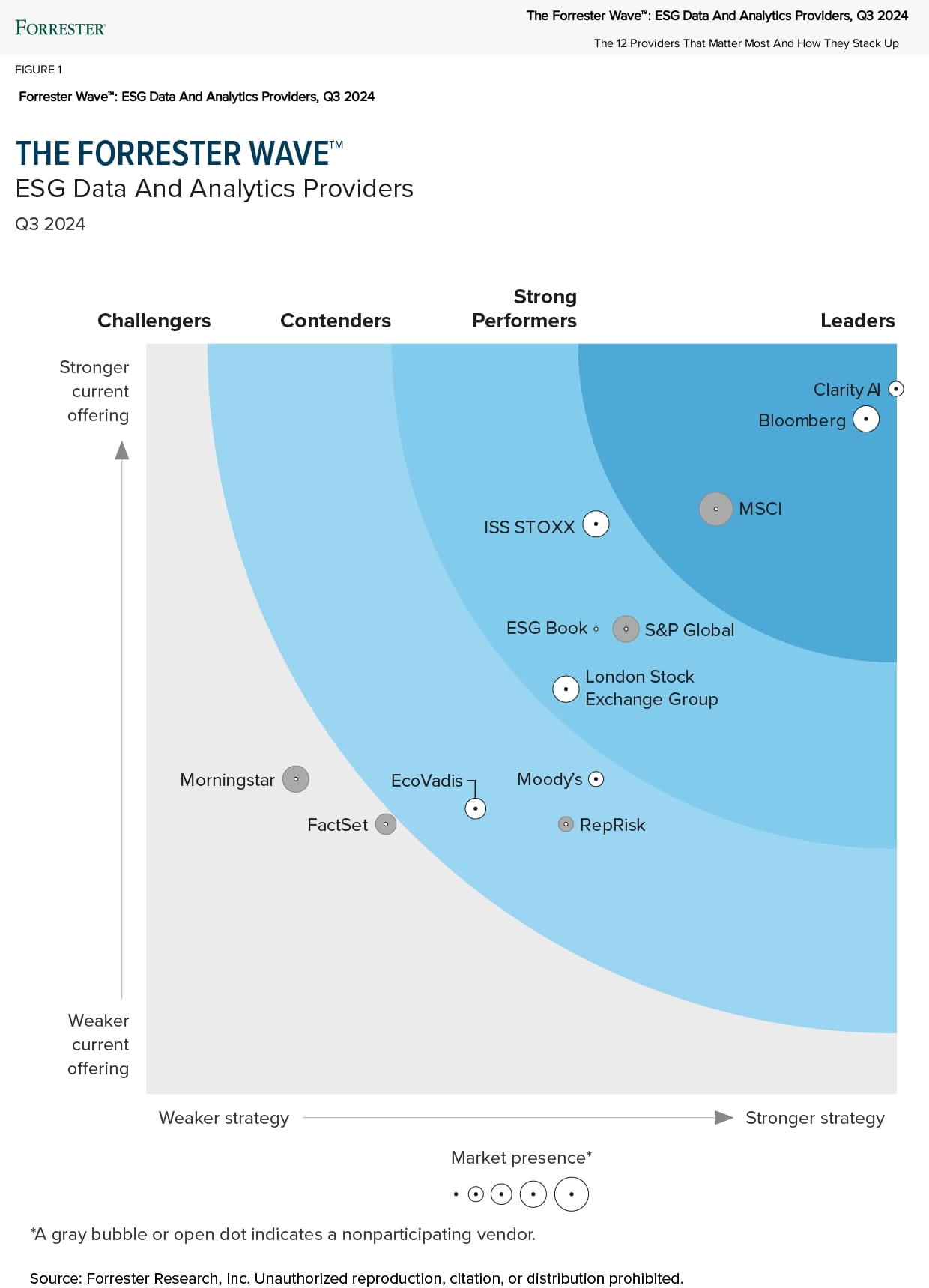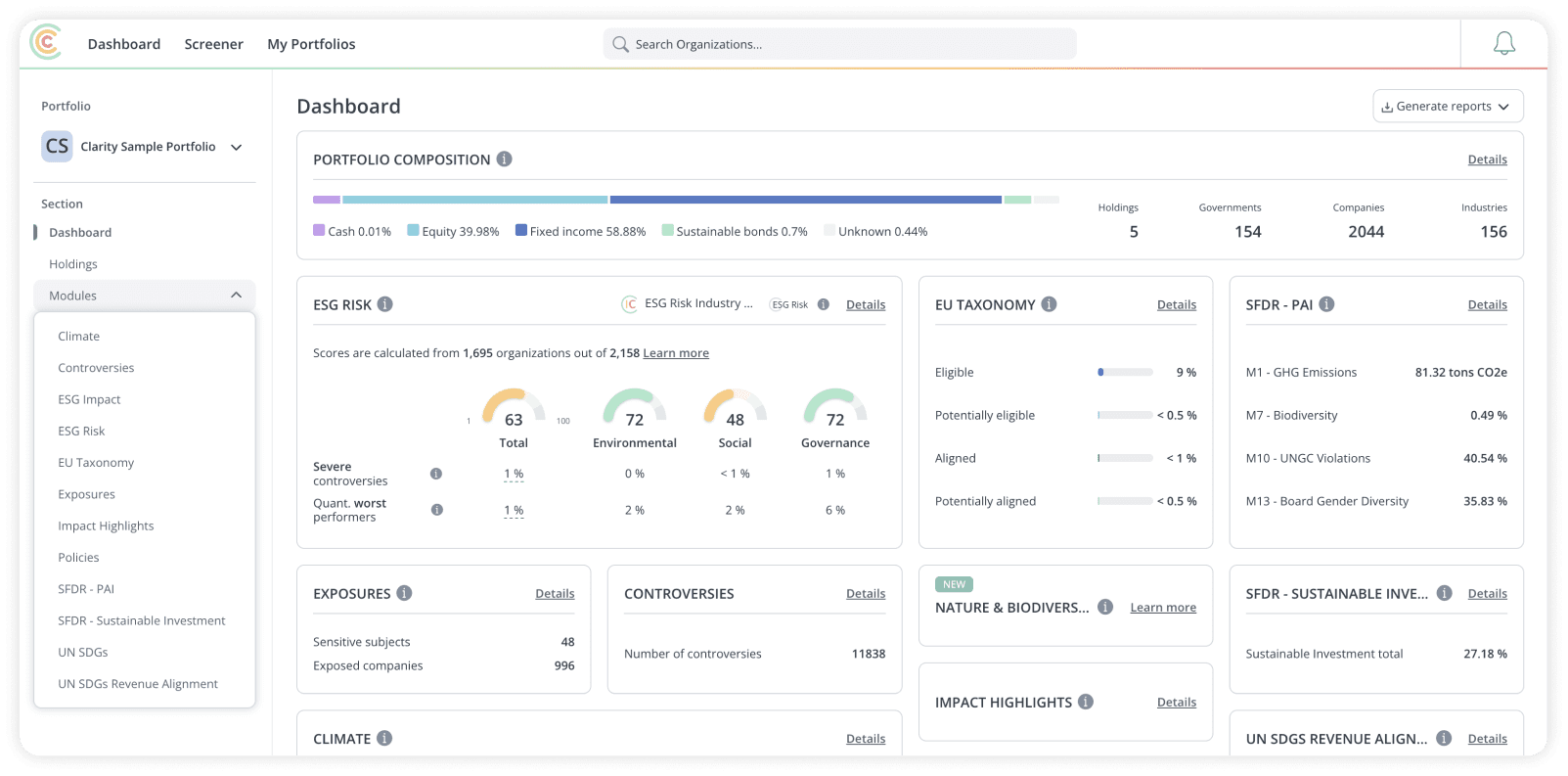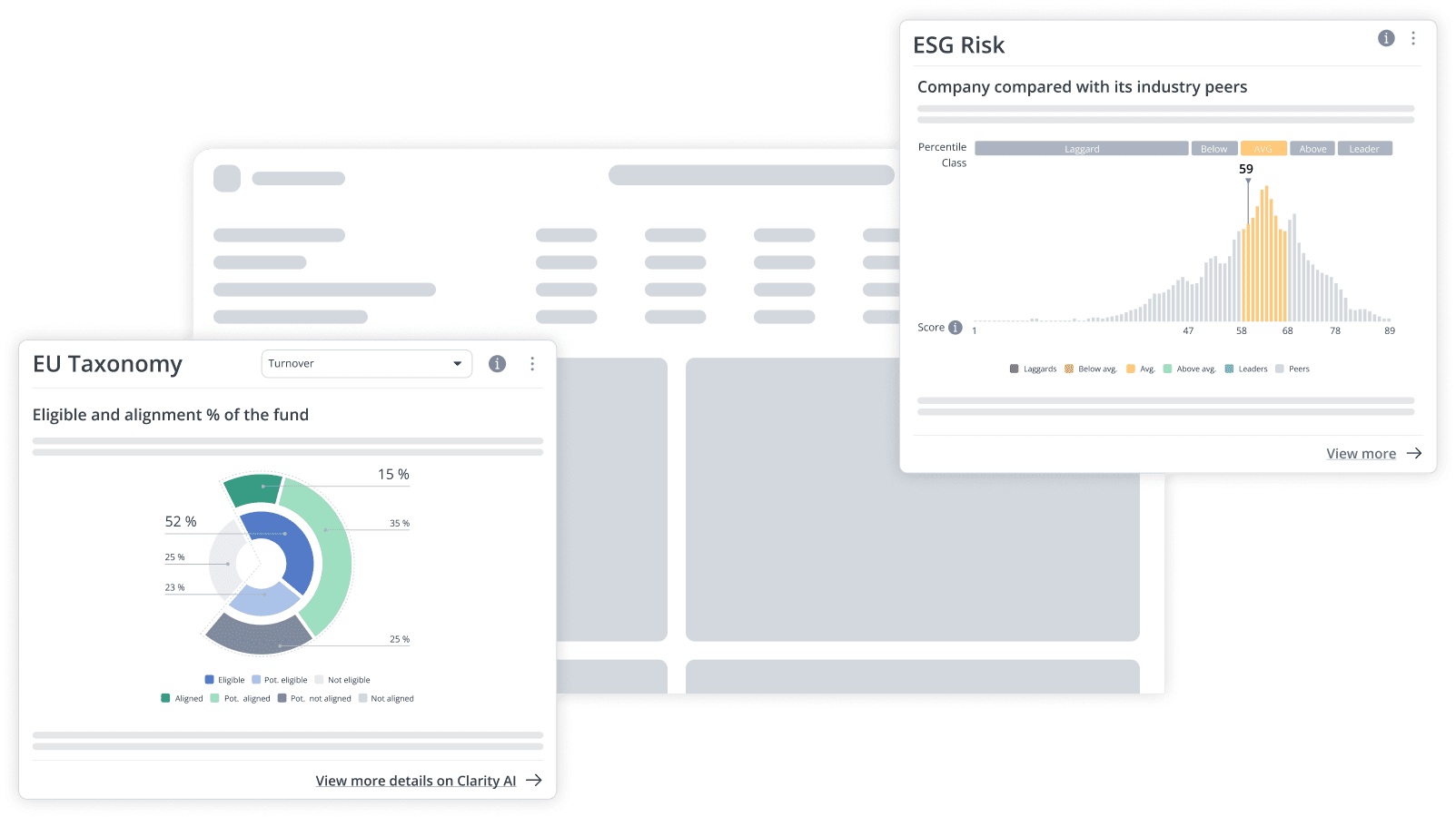Expanding beyond the Non-financial Reporting Directive (NFRD) and introducing the Corporate Sustainability Reporting Directive (CSRD)
Decoding the impact of the Corporate Sustainability Reporting Directive (CSRD)
The European Parliament adopted the Corporate Sustainability Reporting Directive (CSRD) on 10 November. The CSRD is Europe’s disclosure regime for non-financial corporations and the directive will extend both the reporting requirements and entities in scope of its predecessor, the Non-financial Reporting Directive (NFRD).
By January 2026, CSRD will have increased the number of companies required to report from 11,000 under NFRD to more than 50,000, and will simultaneously increase the number of data points they need to report. Reporting will begin in January 2025. It will do so by requiring all large and/or listed companies (including small and medium sized enterprises (SMEs)) to report.
In terms of the scope of reporting, CSRD will go beyond the NFRD requirements, mandating disclosure of a broader set of metrics, including Scope 3 emissions. Other data points will include business model and strategy, sustainability related targets, due diligence targets, and climate related metrics. CSRD will lead to greater transparency and an increase in available sustainability data. It will also have implications for EU subsidiaries of non-EU firms who will be caught by the requirements with their reporting due in 2029.
Key application dates for firms:
- Companies already subject to the NFRD will need to report in 2025 for the full year 2024.
- Large companies that are not presently subject to NFRD need to report in 2026 for the full year 2025.
- Listed SMEs, small and non-complex credit institutions and captive insurance undertakings will report in 2027 for the full year 2026.
- non-EU companies that have a subsidiary branch in the EU and do “substantial business” in the EU need to report in 2029 for the full year 2028.
Clarity AI stays on top of the latest regulations to ensure we have the data and insights you need. We do so more efficiently at scale than any other competitors by leveraging our extensive technology-driven methodology.





